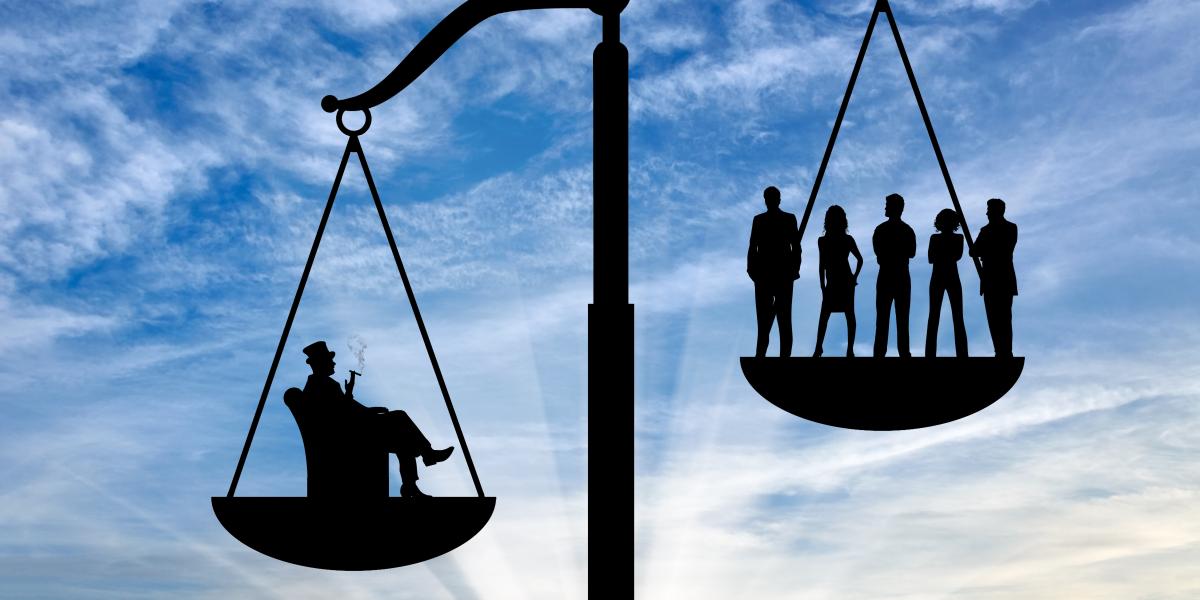Significant Changes Since January 1, 2024
Delaware began legal online sports gambling operations with a 50 percent tax rate, the 4th highest in the nation.
Missouri has established a tax rate on online sports gambling of 10 percent, with legal operations set to begin on December 1, 2025.
Illinois significantly increased the online sports gambling tax, from 15 percent to 40 percent, increasing its rank by seven positions to the 5th highest in the nation. Illinois also added a per-wager tax of up to $0.50 per wager (approximately 10 percent of GGR).
The District of Columbia increased the tax on online sports gambling from 20 to 30 percent.
New Jersey increased the tax on online sports gambling from 14.25 percent to 21.00 percent, increasing its rank by seven positions.
Louisiana increased the tax on online sports gambling from 15.0 to 21.5 percent.
Maryland increased the tax on online sports gambling from 15 to 20 percent.
Taxes are not the only burdens that gamblers and sportsbooks must bear.
Consumer access to legal betting markets is limited primarily by high barriers to entry for sports betting operators who want to offer services in the state and by limits on the geographic locations where players are allowed to place bets.
State laws and regulations erect significant barriers to entry for operators. This is often in the form of expensive licensing fees or requirements for online sportsbooks to partner with existing in-state brick-and-mortar operators. For instance, Massachusetts demands sportsbooks pay a fee of $5 million and renew that payment every five years. Sportsbooks in Pennsylvania must pay an initial fee of $10 million and a $250,000 renewal fee every five years.
New Jersey requires online sportsbook operators to partner with a brick-and-mortar racetrack or casino licensed in the state, while Ohio offers online sportsbooks the option to partner with a professional sports organization approved by the Casino Control Commission to offer mobile sports betting.
Other states require a partnership with the state lottery commission or grant control of online sports betting markets to the state lottery commission directly. Online gaming operators in Connecticut must partner with an approved master gaming operator to legally offer services. Montana monopolized all sports betting under the Montana Lottery Commission.
Whether via direct control, like in Montana, or an exclusive contract with a private operator, like in New Hampshire, states that grant a monopoly to one provider of sports betting services establish an insurmountable barrier to entry for other providers. These anticompetitive practices limit consumers’ options, which is likely to also limit the revenues states generate from sports betting taxes and economic growth from the gaming industry.
Several states also restrict where players are allowed to gamble online. In New Mexico, North Dakota, and Wisconsin, consumers are only allowed to place bets from tribal casinos. South Dakota gamblers may place bets in tribal casinos or in licensed casinos in the city of Deadwood. Mississippi and Montana only allow consumers to place bets when physically present at retail casinos or state-operated facilities.
Online wagers are treated differently from other wagers in certain states. Arizona, Kentucky, Louisiana, Massachusetts, New Jersey, New York, and the District of Columbia tax online wagers more heavily than retail (in-person) wagers.
Establishing and taxing a legal sports betting market has been quite lucrative for states. Sports betting taxes brought in over $2.8 billion for states across the country. New York received by far the most at over $1 billion, followed by Illinois with over $240 million.
The market for sports betting will likely continue to grow substantially as more states allow legal operations or expand existing operations to online services. As the tax baseThe tax base is the total amount of income, property, assets, consumption, transactions, or other economic activity subject to taxation by a tax authority. A narrow tax base is non-neutral and inefficient. A broad tax base reduces tax administration costs and allows more revenue to be raised at lower rates. grows, tax policy design becomes increasingly important.
Optimal sports betting tax design would ensure that rates are low enough to bring consumers into legal, regulated markets rather than gambling illicitly. Restrictions on where consumers are allowed to gamble, or limits on their choices from barriers to entry like exorbitant licensure or monopoly grants, are also likely to push consumers into black markets. Illicit gambling markets also tend to be more predatory and have fewer protections for consumers, especially problem gamblers, so this aligns with public health goals as well.
Tax revenues and public benefits from legal sports gambling may be undermined by the recent change to the treatment of gambling income for federal income taxes. With only a portion of gambling losses now deductible, the unequal tax treatment threatens to drive much gambling activity to other countries or illicit markets that are not so unfairly burdened.




























